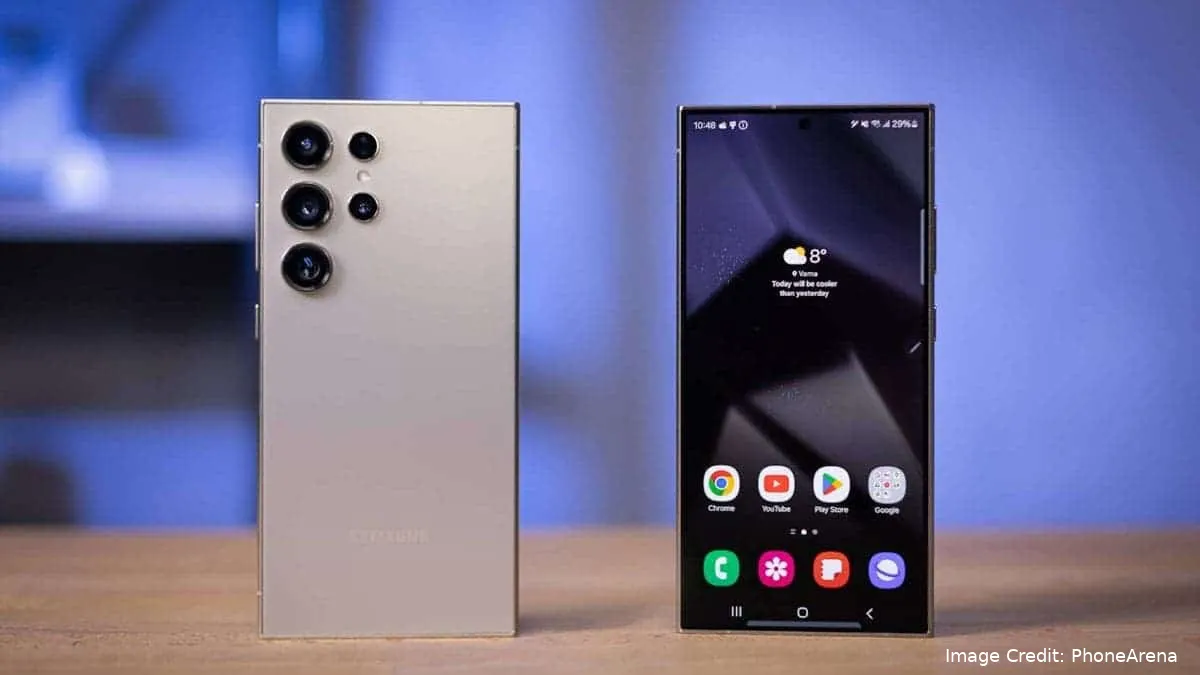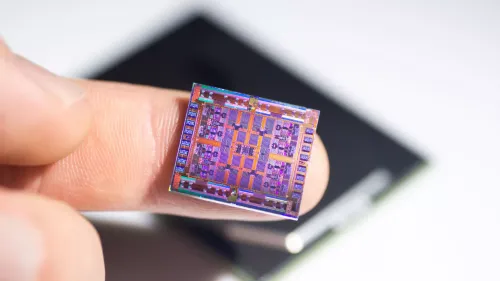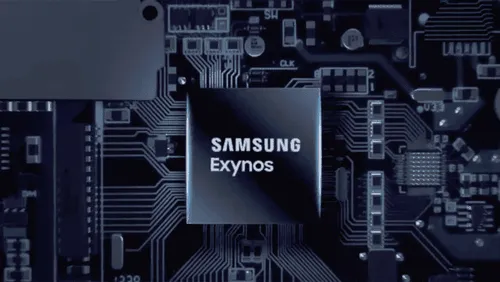
A new report suggests that the Galaxy S26’s upcoming 2nm Exynos chip may not include Samsung’s most advanced chiplet technology. While Samsung is pushing ahead with its 2nm chip plans, the most cutting-edge features might be reserved for its external foundry clients rather than its own mobile processors.

Samsung advances 2nm chip development
According to ZDNet, Samsung has finalized the design for its next-generation 2nm process, called SF2P. The company is now actively promoting the technology to potential clients in hopes of increasing its share of the competitive AI chip market. This new node offers several benefits, including up to 12% better performance, 25% lower power usage, and an 8% smaller chip area compared to previous designs.
Samsung’s foundry unit is expected to use the SF2P process for advanced AI chips targeting external partners. However, this same technology may not make its way into the Exynos 2600, the chip currently in development for the Galaxy S26 series.
Chiplet tech likely skipped for Exynos 2600
Samsung’s chiplet platform, which uses the SF2P process, is intended to boost performance and efficiency through modular chip design. However, reports indicate that this approach will be limited to Samsung Foundry clients rather than internal teams like System LSI, which handles mobile chip design.

This suggests that the Exynos 2600 may still use a 2nm node. However, it will not use the SF2P variant that includes chiplet enhancements. In short, while Samsung is building more advanced 2nm chips, the Galaxy S26 might not benefit from those improvements.
Competition and cost play a role
Samsung’s mobile division reportedly wants to rely more on in-house Exynos chips to reduce its dependence on Qualcomm. As Snapdragon chips continue to rise in cost, using Exynos processors gives Samsung more leverage in price negotiations.
Despite this, the delay in applying chiplet tech to Exynos chips may limit the Galaxy S26’s performance gains compared to future Snapdragon-based phones.
Foundry clients get priority
Samsung’s efforts with the SF2P process are now focused on attracting outside clients. Design kits for the new 2nm process are expected to be released soon. Samsung is already working on order agreements with various digital signal processing (DSP) companies.
An industry expert noted that most customers planning to design 2nm chips this year will likely choose the SF2P process. But for now, it seems the Galaxy S26 won’t be one of them.
Loading


